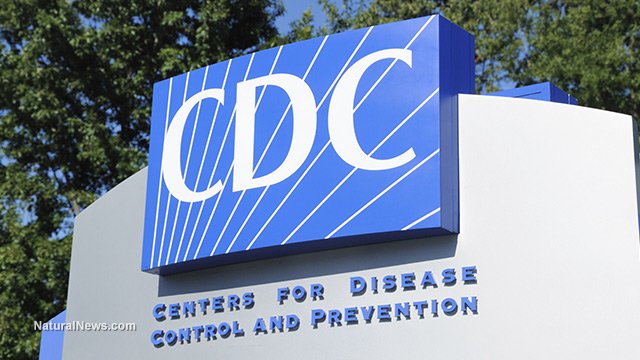Calories Count, But Should We Count Them?

Another article about weight loss? Doesn’t it get old? Just look at the crowds at fast food restaurants or even at the finer restaurants with their delectable, rich foods, and then check out the various body shapes and sizes. You will conclude that more education, or at the very least, more motivation, is always needed.
It’s common knowledge that in order to lose weight, we must take in fewer calories than our bodies need. The body burns calories to maintain functions such as breathing, digestion, blood circulation, and temperature regulation. It needs from 1600-2800 calories for these regulatory functions, depending on age, gender,activity level, and other factors.A calorie is a unit of energy, and whatever energy the body doesn’t need for life’s activities it stores as fat.
But isn’t a calorie the same as a calorie the same as a calorie? Unfortunately, no. The 400 calories in a milkshake are not the same as 400 calories in a slab of prime rib, and to make matters worse, you can down a milkshake faster than you can eat that piece of steak, probably leaving you unsatisfied, if not at that time, then soon afterward.
The debate continues about whether calories should be counted or not. Calorieutilization, as noted above, depends on several variables such as age, gender, activity level, hormone levels, metabolic rate, health issues, and even your sleep pattern.Mary and John can each eat 2000 calories a day, but Mary might gain weight and John might not, age and activity levels being equal. Sad, but true. John’s metabolism may just be more efficient than Mary’s.
So, should we, or should we not, count calories?There is a trend toward “no”, due, in part, to the factors listed above. Some feel that if we simply look at calories and attempt to meet our goal for the day based on a count alone, we may not be eating the right kinds of foods. Instead of eating well-balanced meals to obtain the calories, which would be healthier and keep us satisfied longer, we may use them on foods such ascarbohydrates, which lack fiber, are metabolized more quickly, and causeblood sugar spikes, leaving us hungrier later on, and more likely to eat again. Carbohydrates metabolize to sugar, which will then get deposited where you don’t want it. Remember, what your body doesn’t burn, it will store as fat.
Food intake is not just about nourishing our bodies, either. Our emotions play an important role in our relationship with food. We eat when we’re stressed, depressed, angry, or frustrated, not just when we are hungry. One thought is that by painstakingly counting calories every day, we are subjugatinga healthy relationship with food,and the food may not even be enjoyed as much, relinquishing hunger cues to emotional ones.
Calories do count. Creating a calorie deficit is the cornerstone of weight loss, and it would be difficult to know for sure if we have attained a deficit if we don’ttrack them.
We can’t forget about exercise, either, as this is paramount to any healthy living program. There is a plethora of charts and information on diet, exercise, and gadgets online to help you. Should you count calories or not? That’s an individual decision based on your own situationbut consider the pros and cons of each and, with the help of your doctor, find a plan that works best for you. All calories count at the end of the day, both the good and the bad. Make yours good ones and you shouldn’t go wrong.








